Diesel reveals their FW25 collection, held in the world’s biggest graffiti installation
Diesel, the iconic fashion brand founded by Renzo Rosso in 1978, has launched their latest collection in Milan, Fall Winter 2025. It was a production of epic proportion– elevated yet disrupted, corrupted, slashed, destroyed, and impossibly low-cut. The show was held in the biggest ever known graffiti installation, with over three kilometers of graffiti fabric, made by a global street art collective of around 7 000 amateur and expert graffiti artists. These artists, across eight countries, worked together to create the set, including both professional and amateur artists from China, UAE, India, Italy, Japan, Saudi Arabia, South Africa and the USA.
The resulting fabric entirely drapes 3.200sq meters the arena, which is then filled with Diesel’s record-breaking inflatable sculpture, first shown at the SS23 show. The sculpture, which holds the Guinness World Record for the largest ever inflatable, has now been entirely covered in graffiti.
“I love that thousands of people around the world have worked together to create the set design. We gave the global street art collective complete creative freedom – they expressed themselves each in their own way, on a project that’s taken months to achieve. This is the true democracy of Diesel,” says Glenn Martens, creative director of Diesel.
All imagery courtesy of Diesel
The language of Diesel – denim, utility, pop, artisanal – is exploded and mixed, elevating and playing with archetypes and subverting traditions. Subversion is everyday, like ultra-padded hooded jackets that wrap like a shawl, worn with impossibly low-cut wool skirts or denim jeans, held in place by stretch panels. Leather is boiled to give jackets and shirts extreme three dimensionality; zip-neck fluffy knits with contrast insides match the fluffy knit waistband that holds up impossibly low-cut tailored pants. Experimentation is everywhere, like plasticized denim jackets, bustiers and jeans: it’s as if the pieces have been entirely laminated, cut only for the pockets.
Low Diesel bumster jeans stay in place thanks to adjustable internal underwear. They are so extreme, they’re worn just with a chest-sized plaster printed with a life-sized image of a shirt, then stuck roughly on the body.
An exclusive capsule features work by six international graffiti artists who each helped to create the show set. To make the collection, Diesel pieces were sent to the artists for them to graffiti in their own style. The results were then scanned and printed, bringing the creative energy of the set to selected Diesel stores worldwide, and to diesel.com.
The graffiti artists who collaborated on the collection are:
Farai Engelbrecht (South Africa)
Roy XR Chen (China)
Ryota Daimon (Japan)
Phree Hester (USA)
Brianna Toomer (France)
Red Longo (Italy)
CREDITS:
Creative Director: Glenn Martens
Styling: Ursina Gysi
Original Soundtrack Composer: Senjan Jansen
Hair: Gary Gill
Make-up: Inge Grognard for @MACcosmetics
Concept Designer: Studio Dennis Vanderbroeck
Casting: Establishment NY
Press release courtesy of Moxi
For more news, visit the Connect Everything Collective homepage www.ceconline.co.za

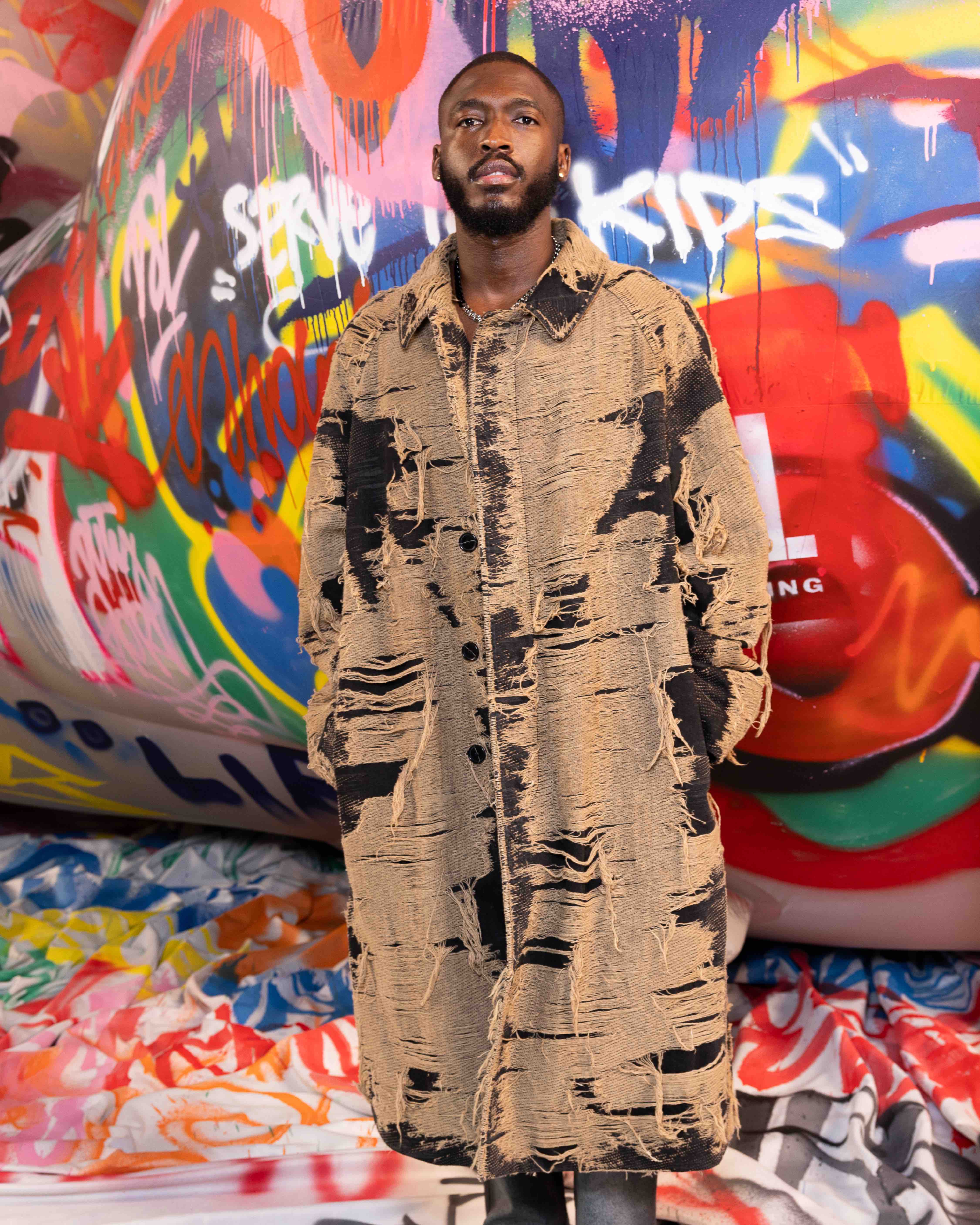
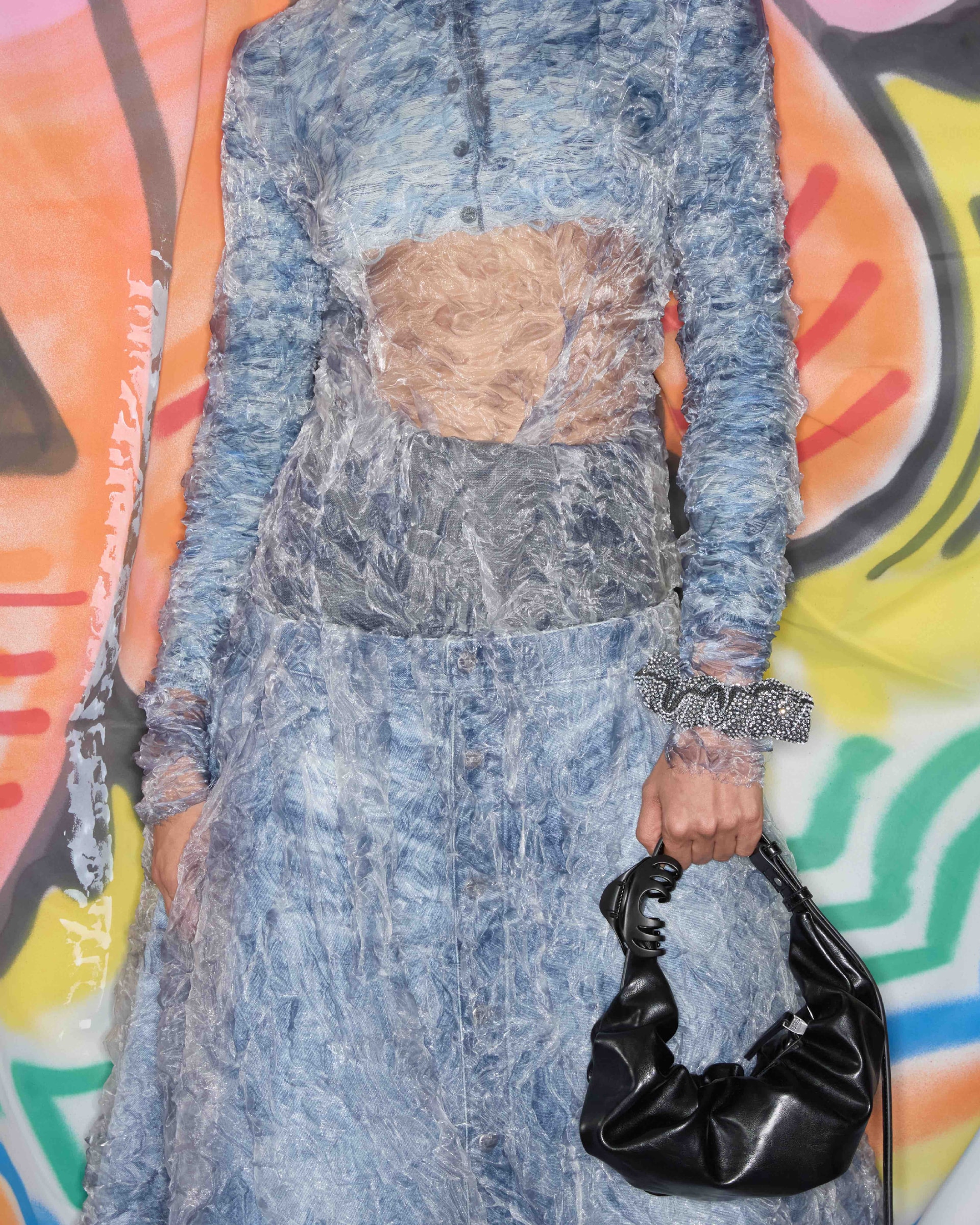
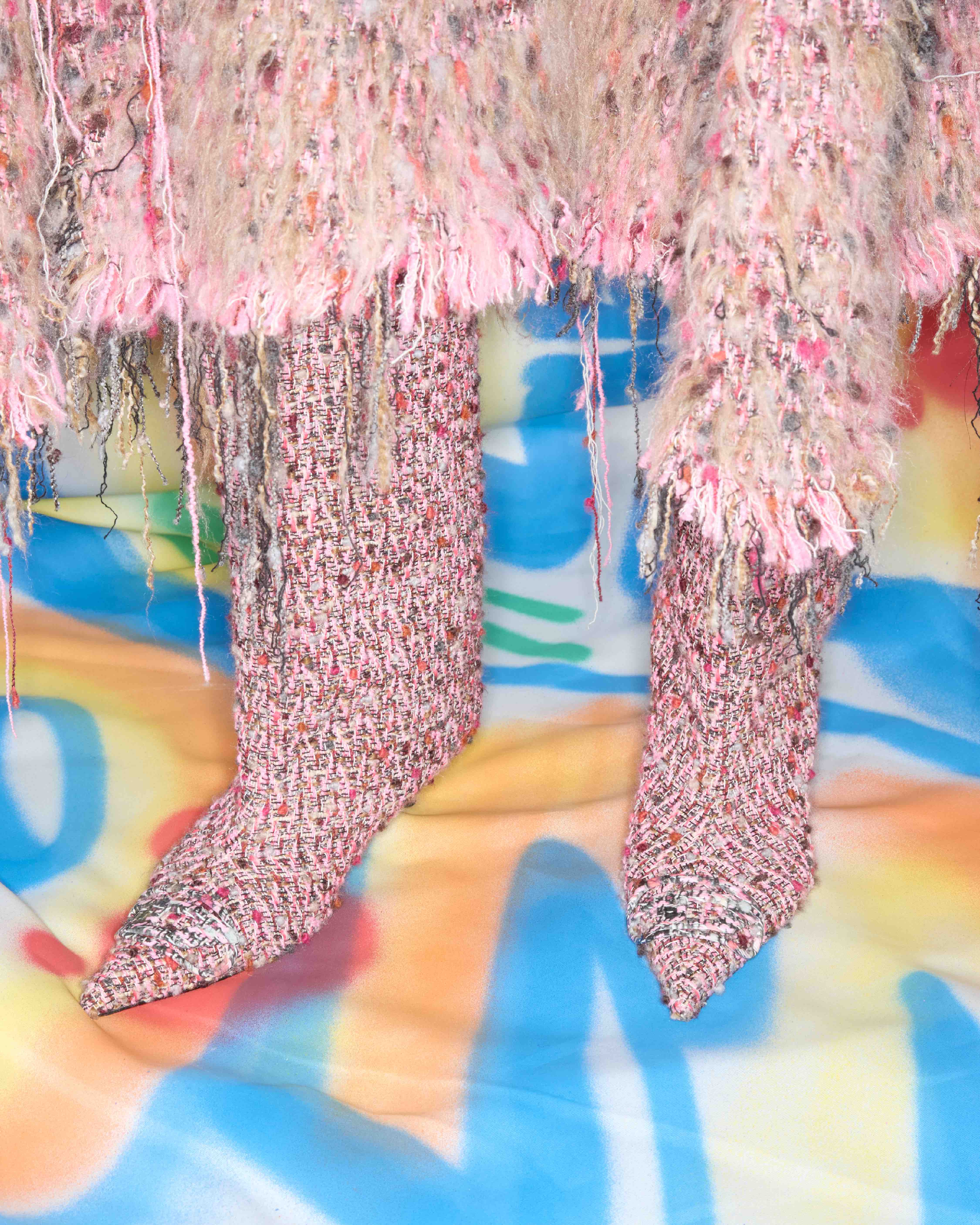
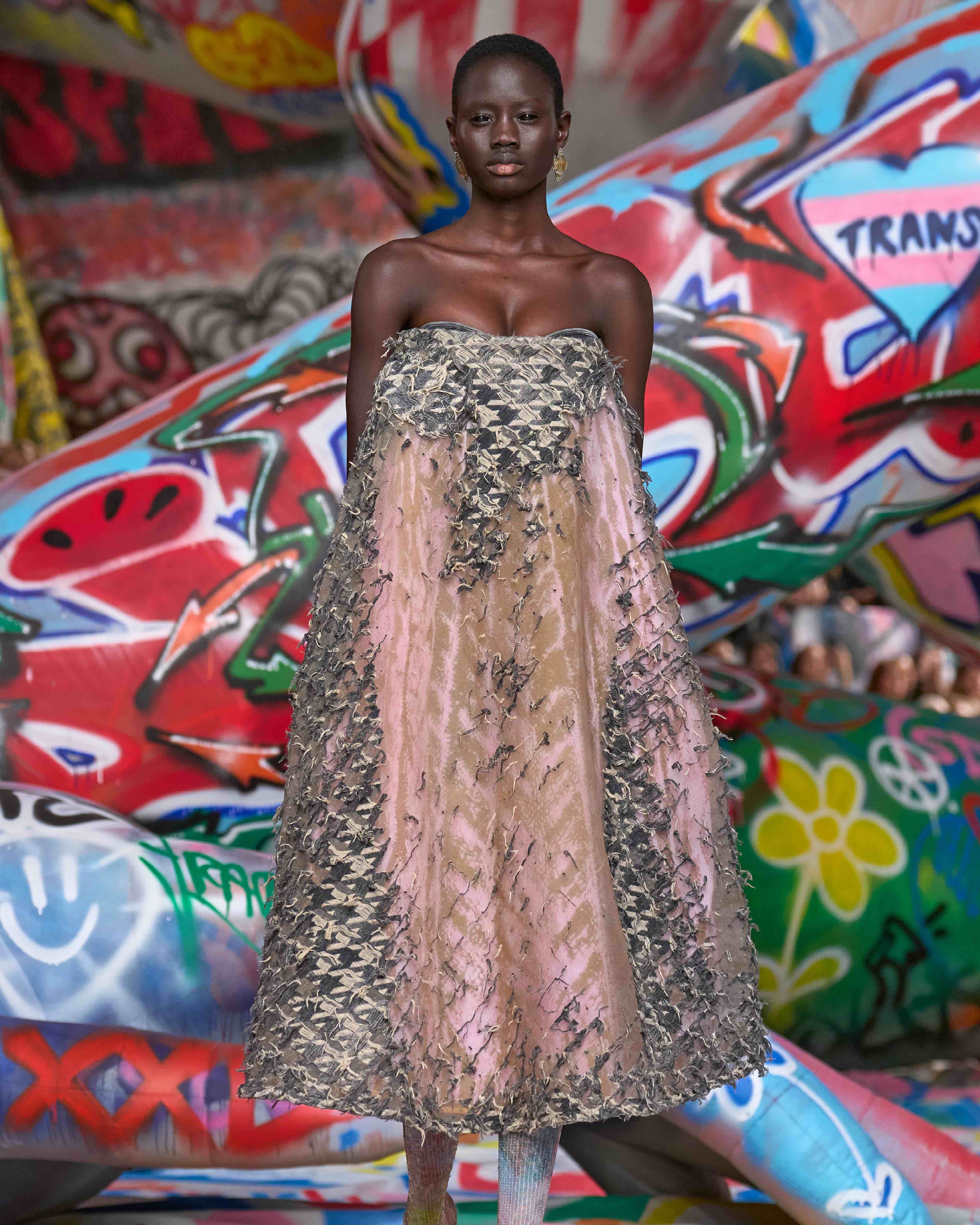
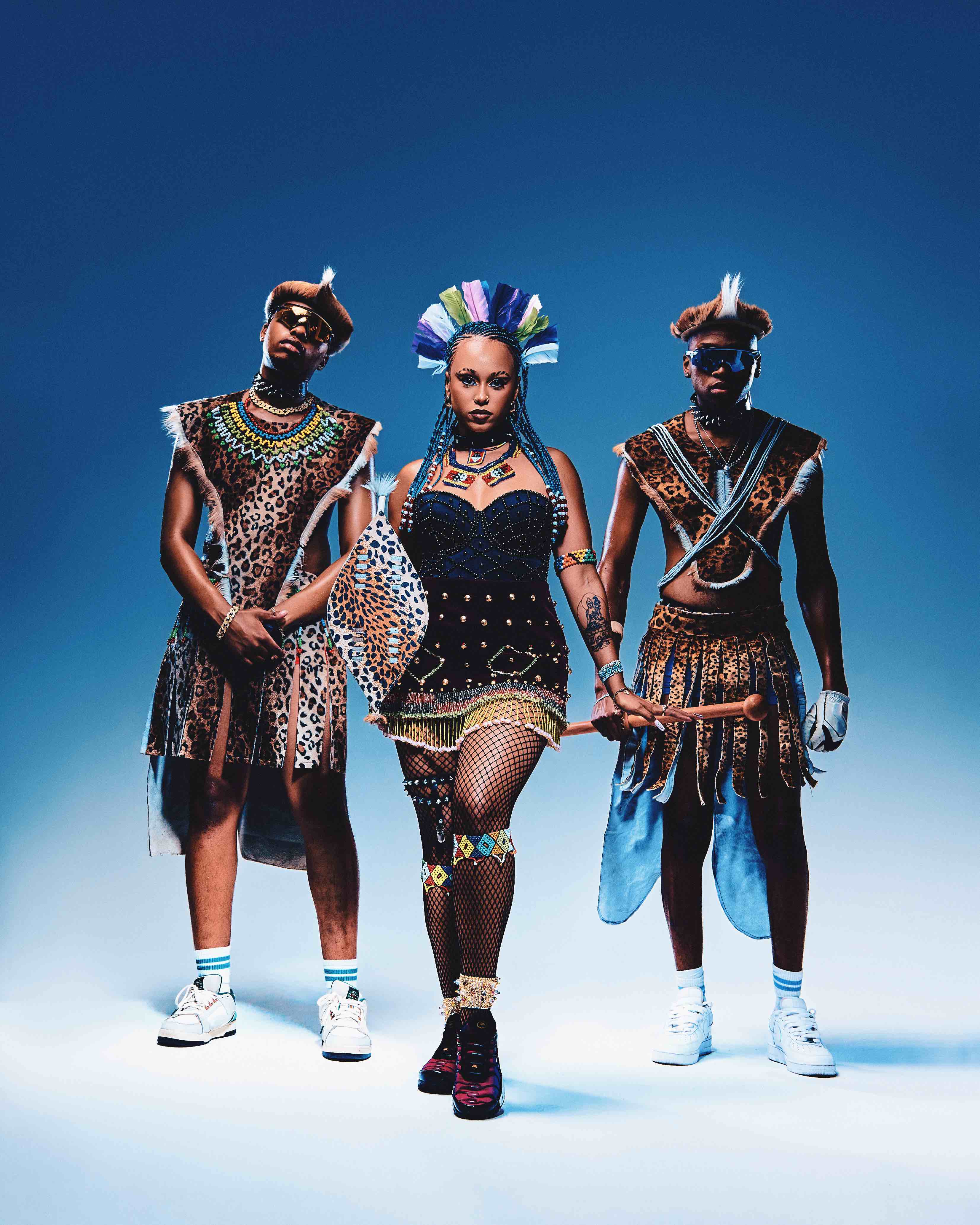
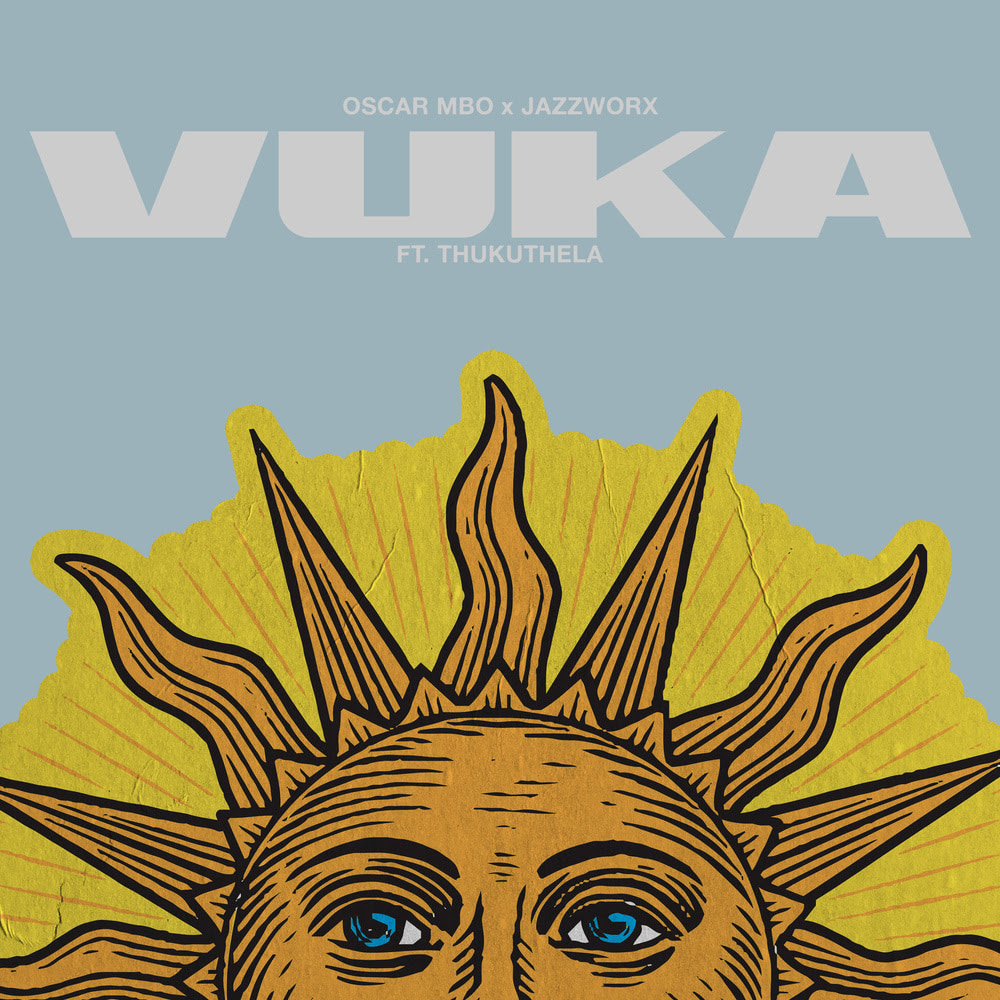
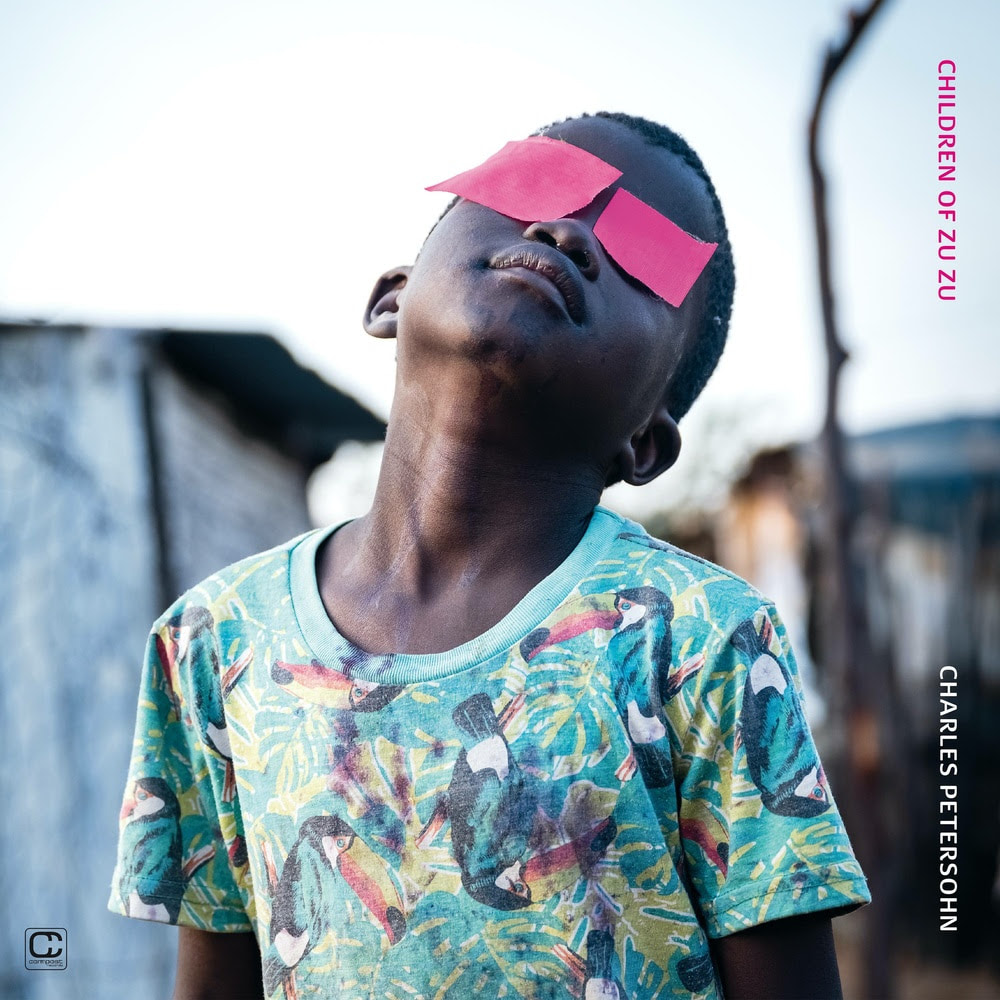
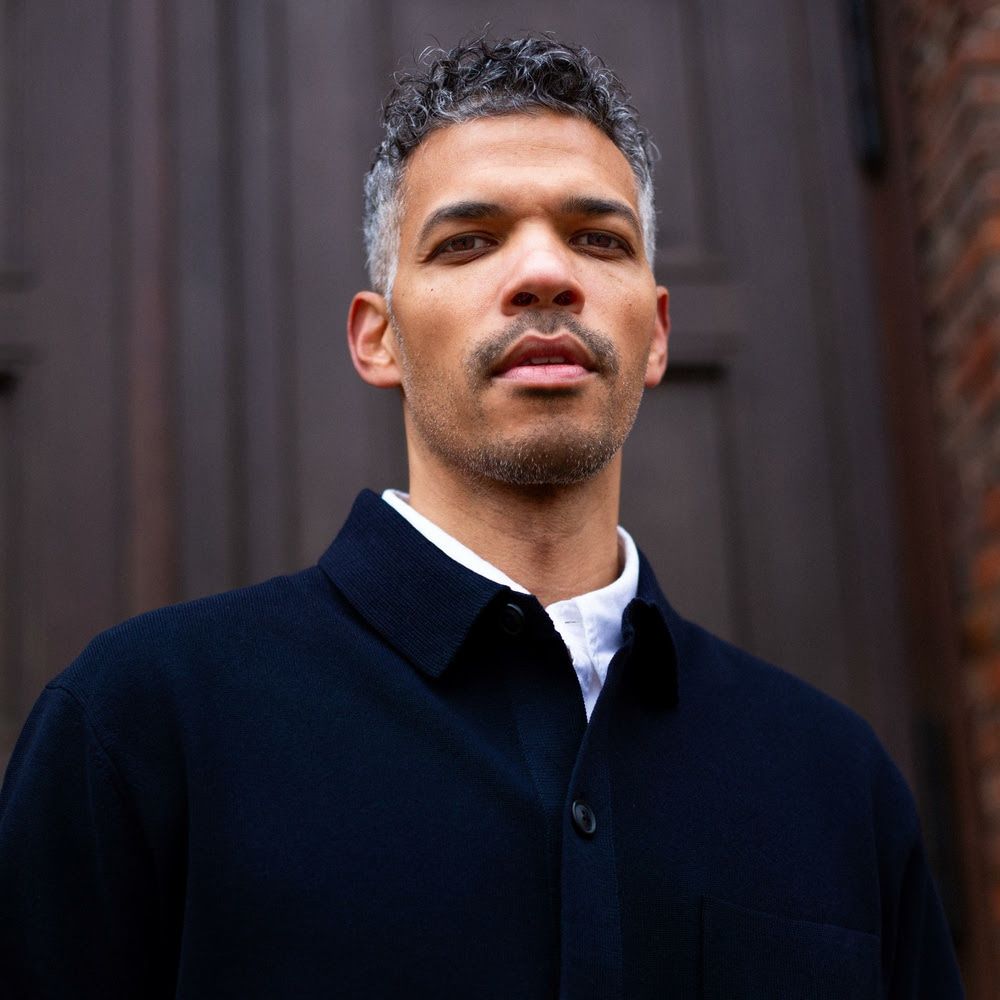




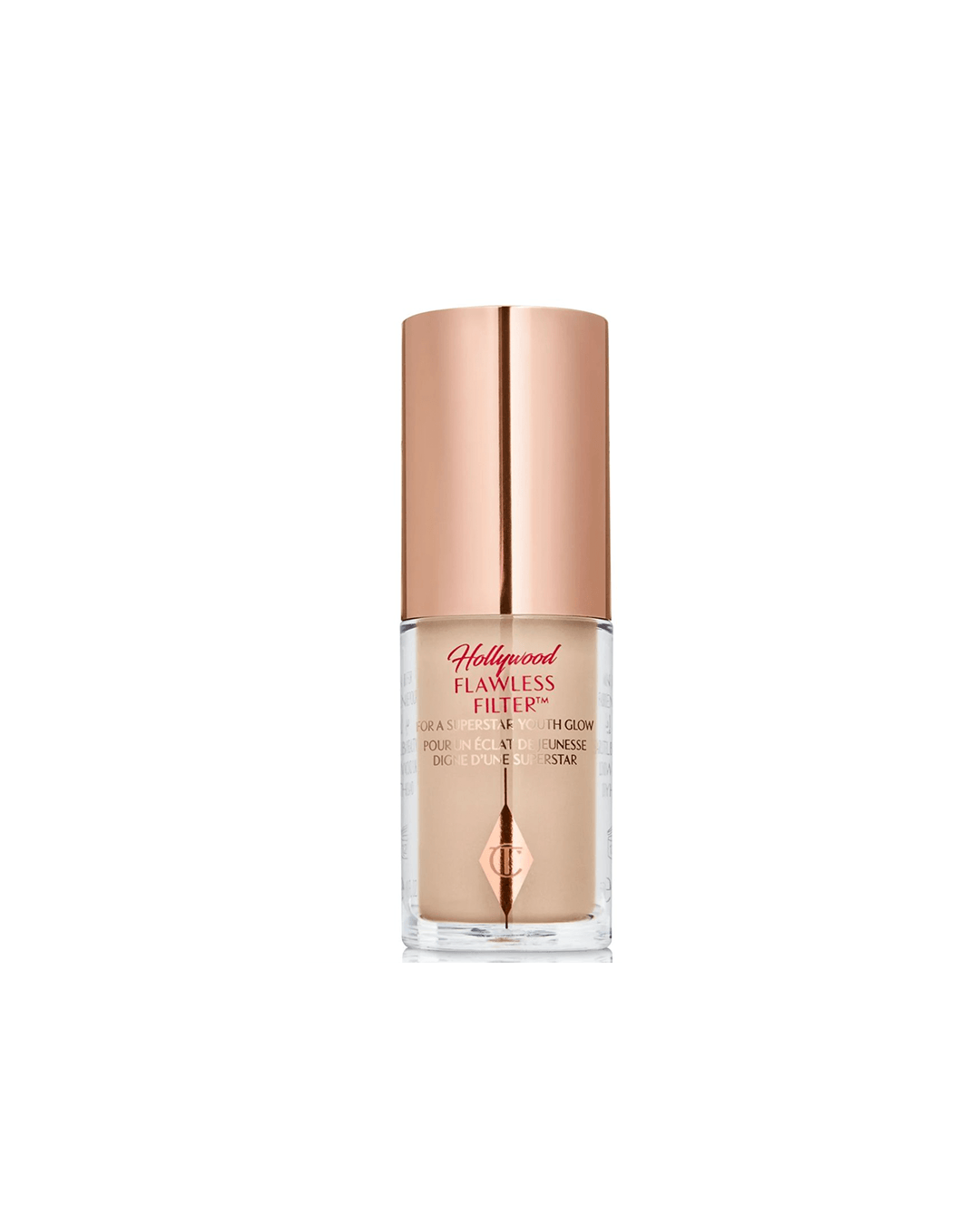
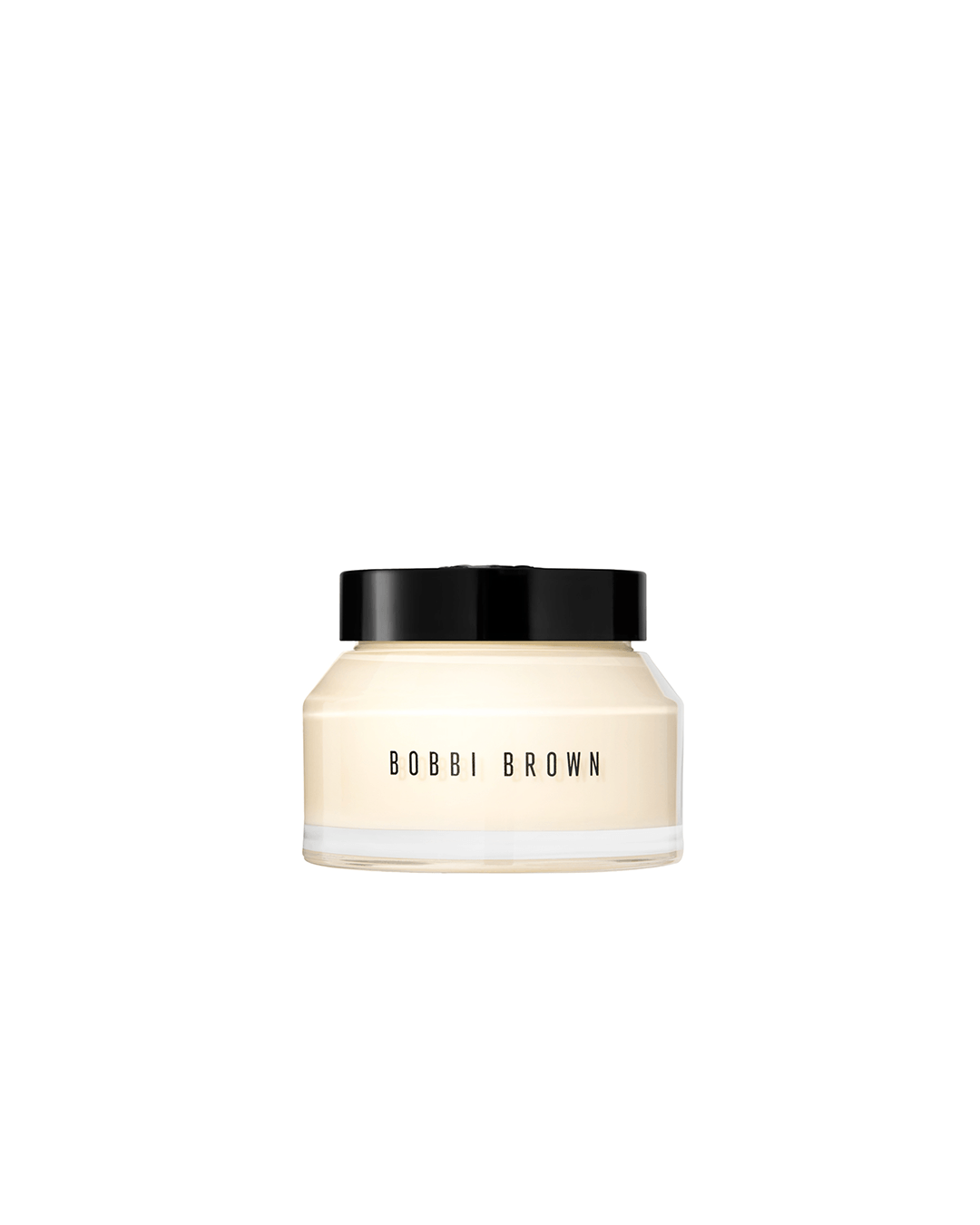











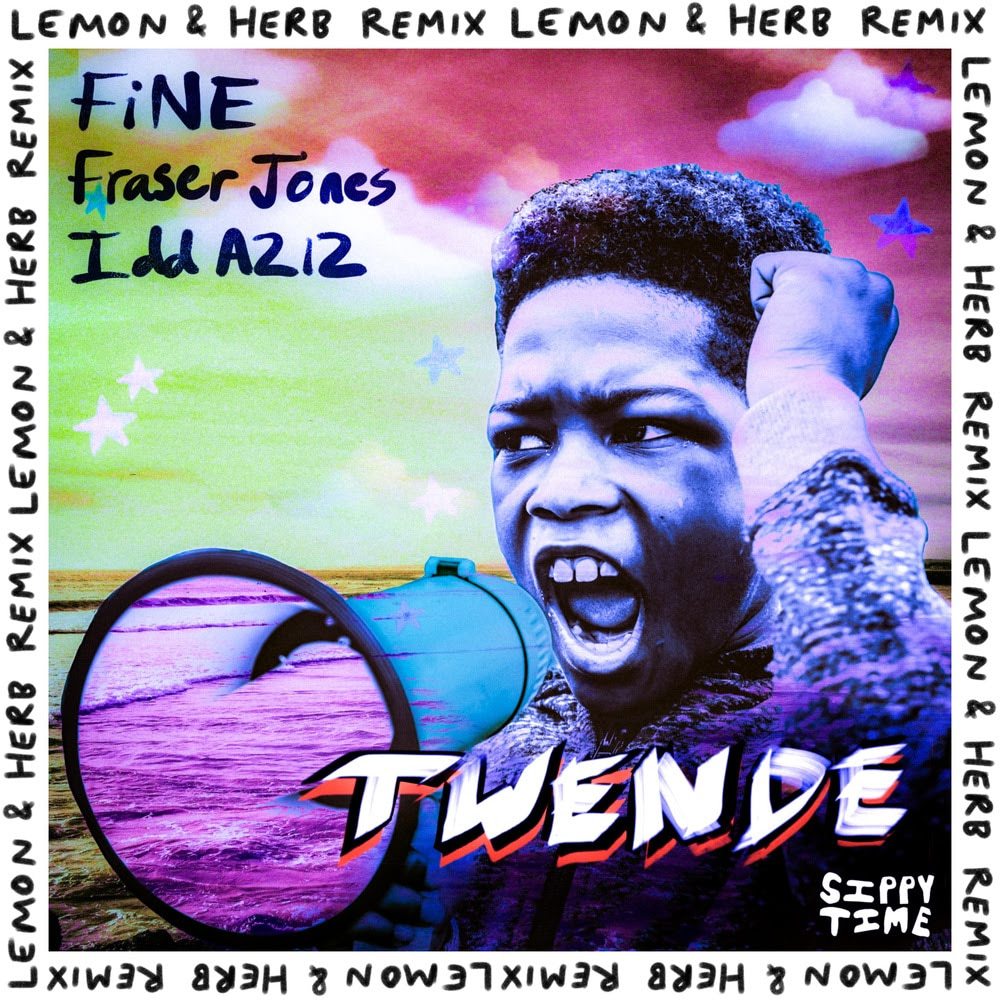
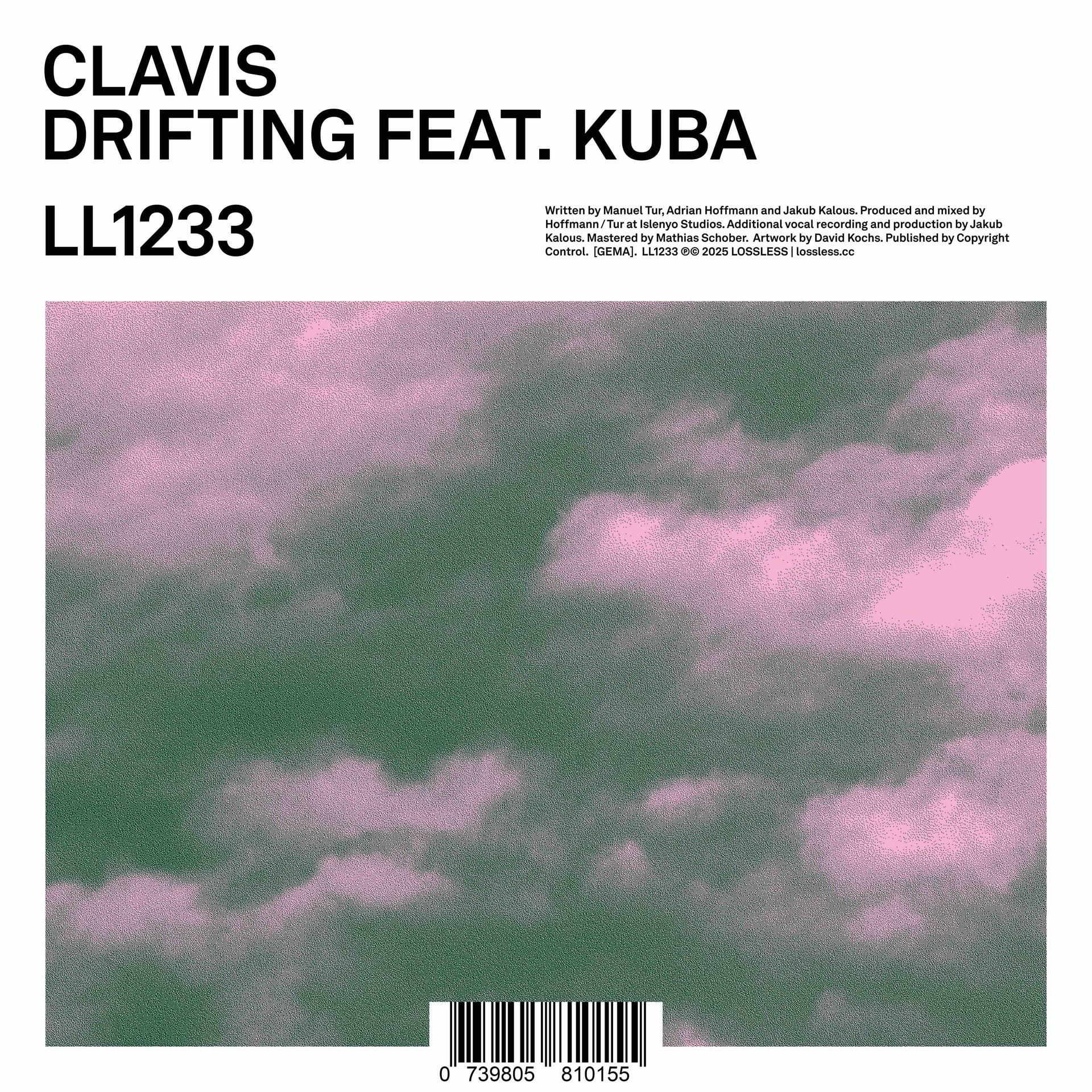
Recent Comments